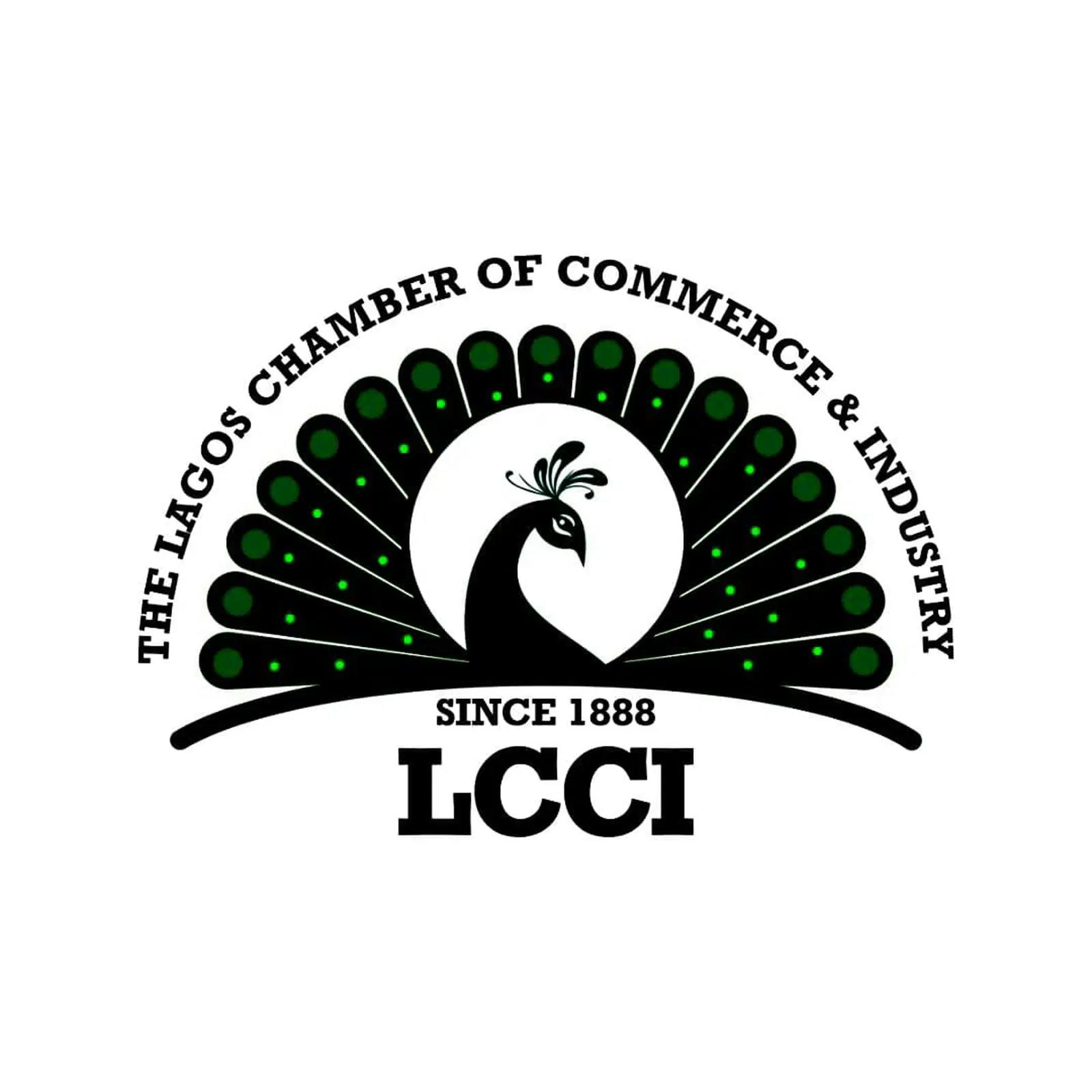New tax laws: LCCI says incentive programs are necessary to promote industrialisation.
New tax laws: LCCI says incentive programs are necessary to promote industrialisation.

The Lagos Chamber of Commerce and Industry (LCCI) has expressed the organized private sector's (OPS) aspirations in Nigeria regarding the utilization of incentive schemes in the newly established tax regulations to promote industrial growth within the nation.
Gabriel Idahosa, the LCCI President, announced this yesterday in Lagos during his introductory comments at the Private Sector Stakeholders’ Forum focused on New Tax Issues organized by the chamber.
He remarked: "The Nigeria Tax Reform Act 2025, with its extensive measures regarding digital taxation, integrated filing methods, and incentives aimed at green and export-focused industries, presents a significant chance to reinforce our social contract. However, having innovative legislation alone is insufficient; the success of effective and cooperative execution will decide if we can achieve the shared prosperity we all desire.
"This forum serves as an essential venue for such partnership. It's crucial that we explore the functioning of the new Act, ensuring that its commendable goals result in consistent, clear, and business-friendly results.
"Several important questions need to be addressed: How can the newly launched Investment and Export Incentive Schemes under the Act be managed transparently to encourage industrial development rather than open doors for misuse? Furthermore, how can we institutionalize effective processes for dispute resolution through the Tax Appeal Tribunal, ensuring that tax-related conflicts do not hinder business operations?
"The Organized Private Sector is prepared to participate in a constructive manner. LCCI recognizes the considerable advancements made by the Federal Inland Revenue Service and the Lagos State Internal Revenue Service, particularly in modernizing compliance, standardizing Tax Identification Numbers, and enhancing transparency in revenue reporting. "These efforts are in line with the 2025 Act’s focus on technology-driven governance. However, as commerce becomes increasingly digital, cross-border, and reliant on innovation, the tax framework must remain flexible. The experiences of the private sector in production and trade provide valuable insights into how the Act can be effectively executed with minimal disruption and maximum growth potential."
Idahosa emphasized that taxation is most effective when taxpayers can observe tangible benefits. The 2025 Act has clauses for improved accountability regarding revenue utilization, but there must be visible enhancements in infrastructure, public services, and governance that correspond with those provisions.
Tags:
Related Articles

Fintech platform cautions customers to be wary of fraudsters antics

Incessant system failures hampering port operations — Customs agents

